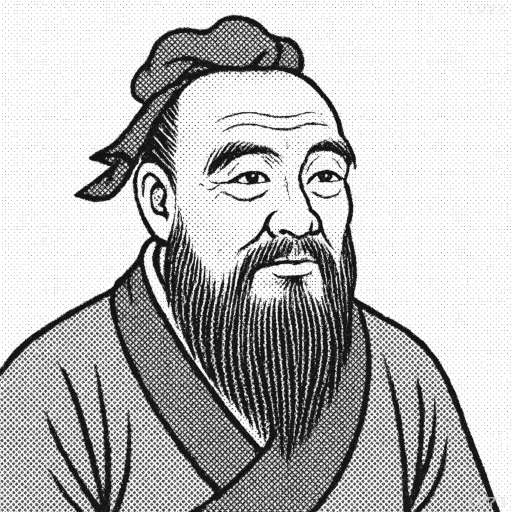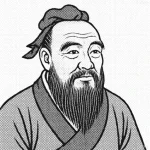“To see what is right and not to do it is want of courage, or of principle.”

- 551 BC – 479 BC
- Han ethnicity
- Philosopher, educator, politician
table of contents
Quote
“To see what is right and not to do it is want of courage, or of principle.”
Explanation
In this saying, Confucius emphasizes the importance of moral courage and integrity. Recognizing what is right but failing to act on it, he suggests, reveals either a lack of courage or a deficiency in principles. For Confucius, knowing what is right carries an implicit responsibility to act accordingly, as moral awareness without action undermines both one’s character and values.
This insight holds significant relevance today, where challenges often arise that require individuals to make ethical choices. For example, in a workplace, an employee may witness unethical practices but hesitate to speak up due to fear of repercussions. However, choosing to act in alignment with one’s principles, even when it’s difficult, demonstrates integrity and a commitment to ethical values. Conversely, ignoring wrongdoing not only affects the individual’s character but can also contribute to a culture where negative behaviors are allowed to continue unchecked.
Confucius’s teaching encourages us to develop both courage and a strong moral compass. By acting on what we know to be right, we strengthen our character and contribute to a more just and ethical world. This commitment to principled action fosters respect, trust, and a sense of personal integrity, allowing us to live in alignment with our deepest values.
Would you like to share your impressions or related stories about this quote in the comments section?




